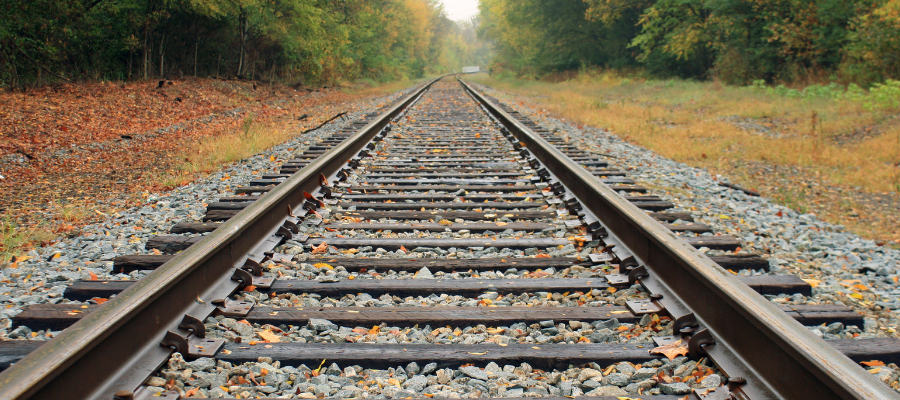🕒 Article read time: 3 minutes
Rail freight plays key role during pandemic

Since the COVID-19 pandemic swept across the UK last spring, all modes of transporting freight have been affected.
Rail is no exception and has arguably played a crucial role in keeping goods moving throughout the pandemic, from increasing cargo capacity to launching special services to transport critical supplies.
PASSENGER NUMBERS DOWN, FREIGHT SERVICES UP
In Great Britain, rail usage since privatisation in the mid-1990s more than doubled, following decades of decline, reaching a record 1.8 billion journeys in 2018/19, according to DfT figures. Since the pandemic hit in 2020, however, rail has seen passenger numbers fall consistently owing to government guidance to ‘stay at home’, while the need for rail freight services only increased in line with consumer demand for food and other critical supplies. Network Rail’s response was to reduce passenger services while allowing more freight trains to run.
CONNECTING GOODS TO INTERNATIONAL MARKETS
Network Rail also partnered with DB Cargo UK and Transfesa Logistics to launch an express 72-hour rail service to transport essential hygiene, medical and food products from terminals in Valencia and Murcia to London.
In 2020, China-Europe freight trains transported 1.13 million containers, including 9.39 million items of medical equipment, according to the National Development and Reform Commission.
Use of rail freight expanded across many industries and countries, particularly on the China-Europe route. With rail requiring less human interaction – it requires fewer checks – and capacity on air and sea freight services continuing to be strained by reduced services, rail has become the transportation mode of choice for many businesses looking to trade with overseas partners. China-Europe rail volumes reached 1.14m teu (twenty-foot equivalent unit) in 2020, up 56% on 2019; DHL Global Forwarding reported its China-Europe rail volume in 2020 grew 94% compared with 2019 levels.
A CATALYST FOR MODAL SHIFT?
“We expect to see this change spark a more permanent shift to use of rail,” said Zoe McLernon, Multimodal Policy Manager at Logistics UK. “This would have both environmental and operational benefit – and we hope governments worldwide encourage the further use of rail.”
McLernon continued: “Logistics UK is impressed by the determination of businesses within the rail freight sector to keep goods moving across the UK during the COVID-19 outbreak; they have shown real flexibility, resilience and efficiency in the face of the pandemic. With rail freight set to play a crucial role in the nation’s economic recovery moving forwards, it is essential that freight trains continue to get the access they need on the network; we also need to see a nationwide programme of infrastructure upgrades to ensure the network fit for purpose. Only with these measures, can the sector continue delivering for the nation.”
*www.logistics.org.uk/rail
Published On: 11/02/2021 17:00:16

Comments Section
If you are a Logistics UK member login to add comments.